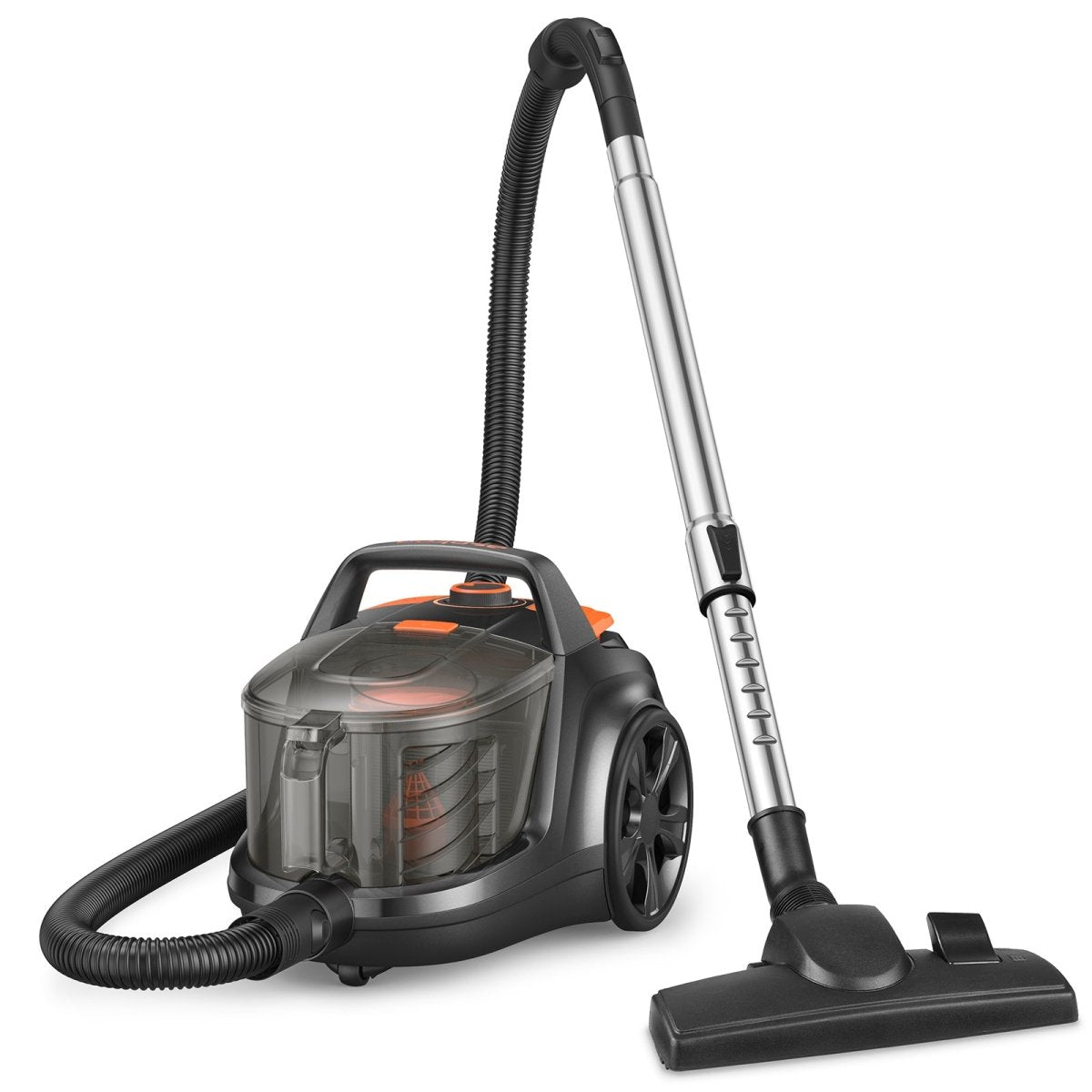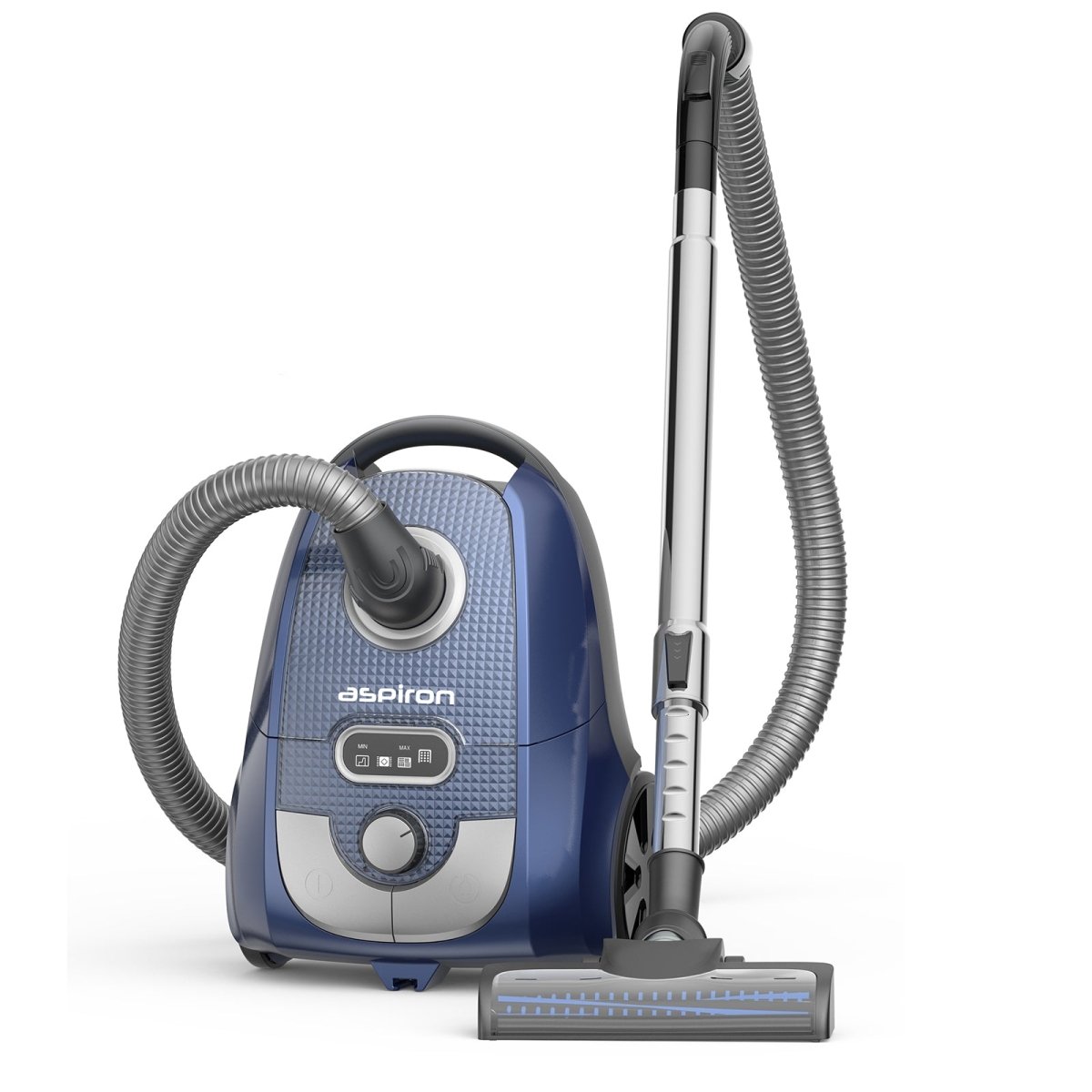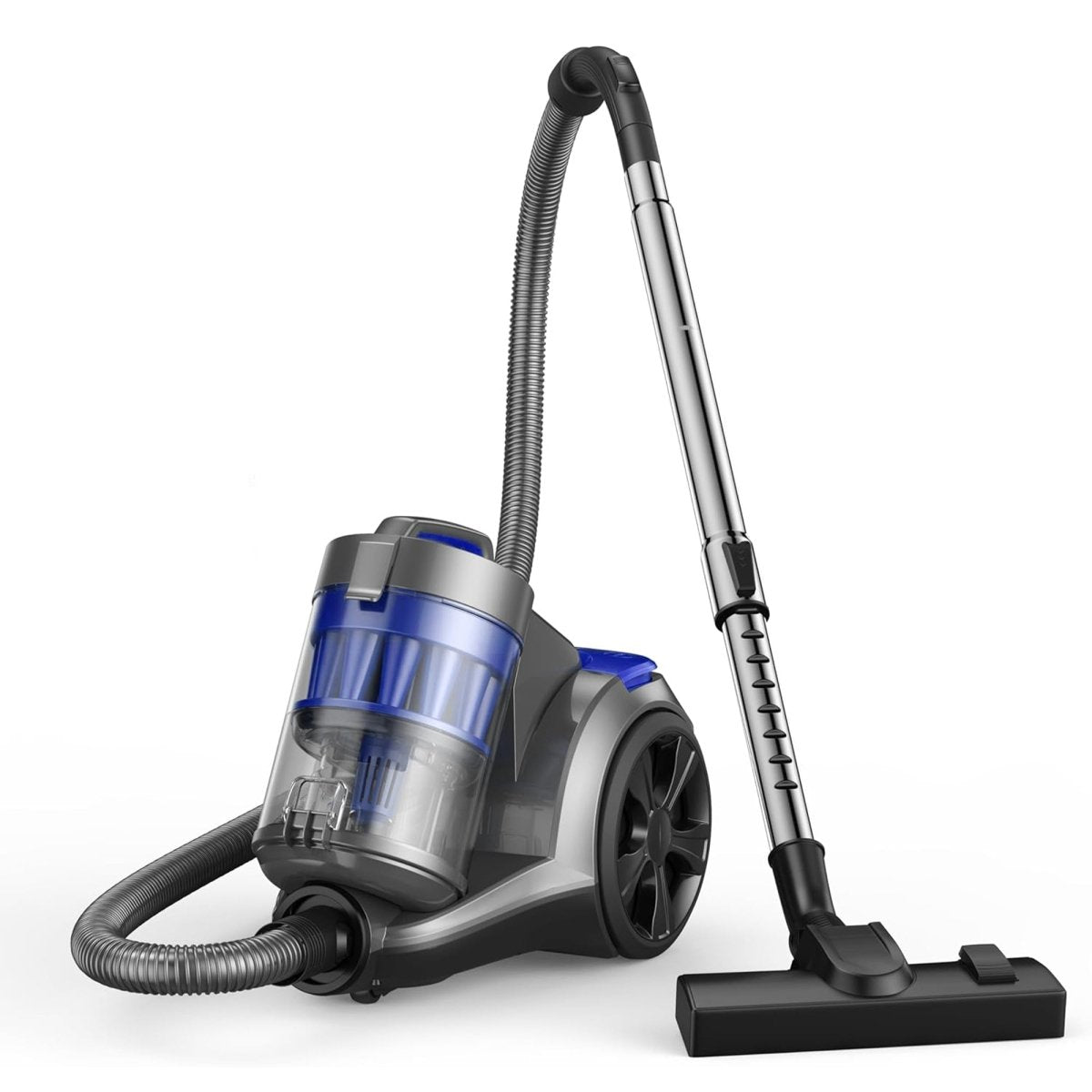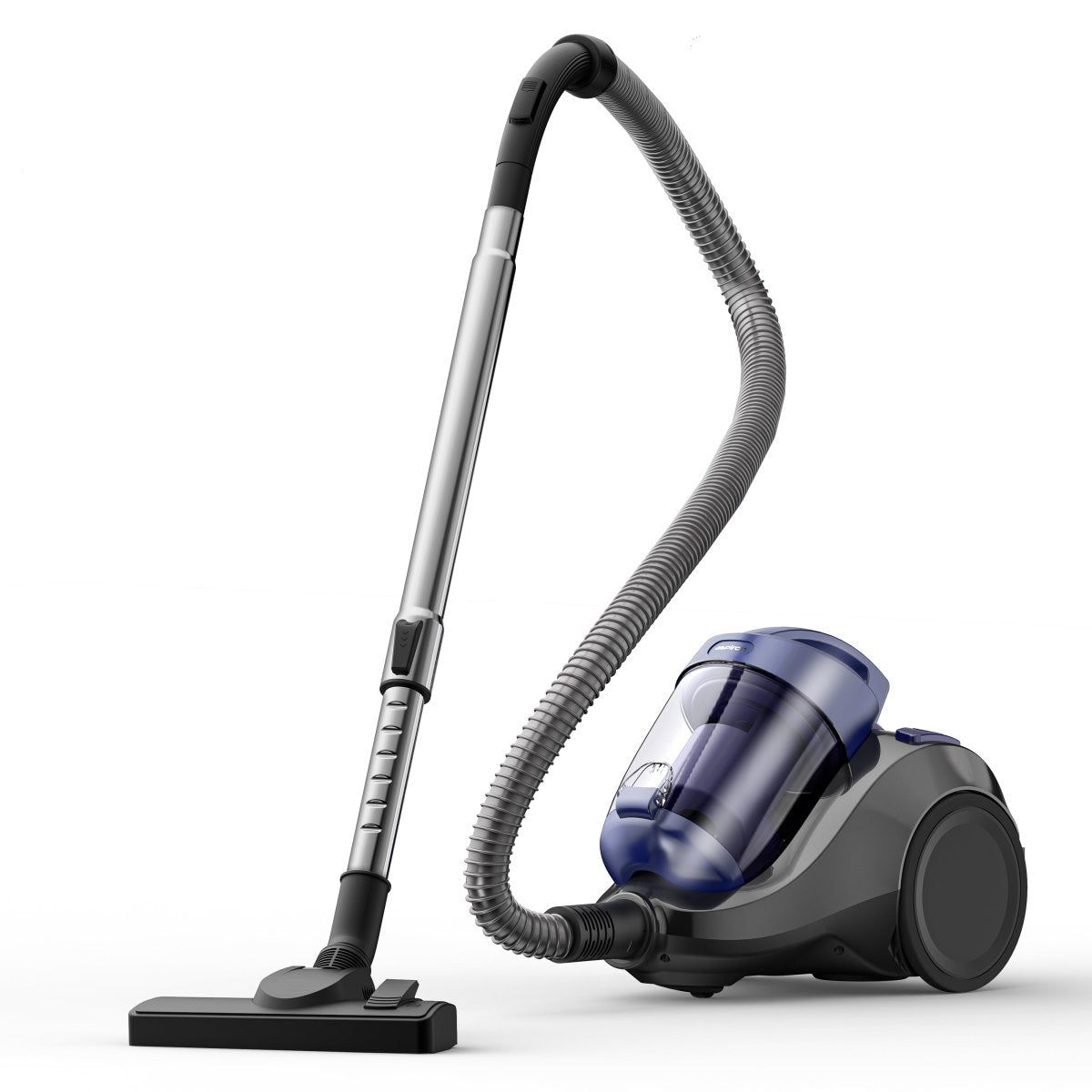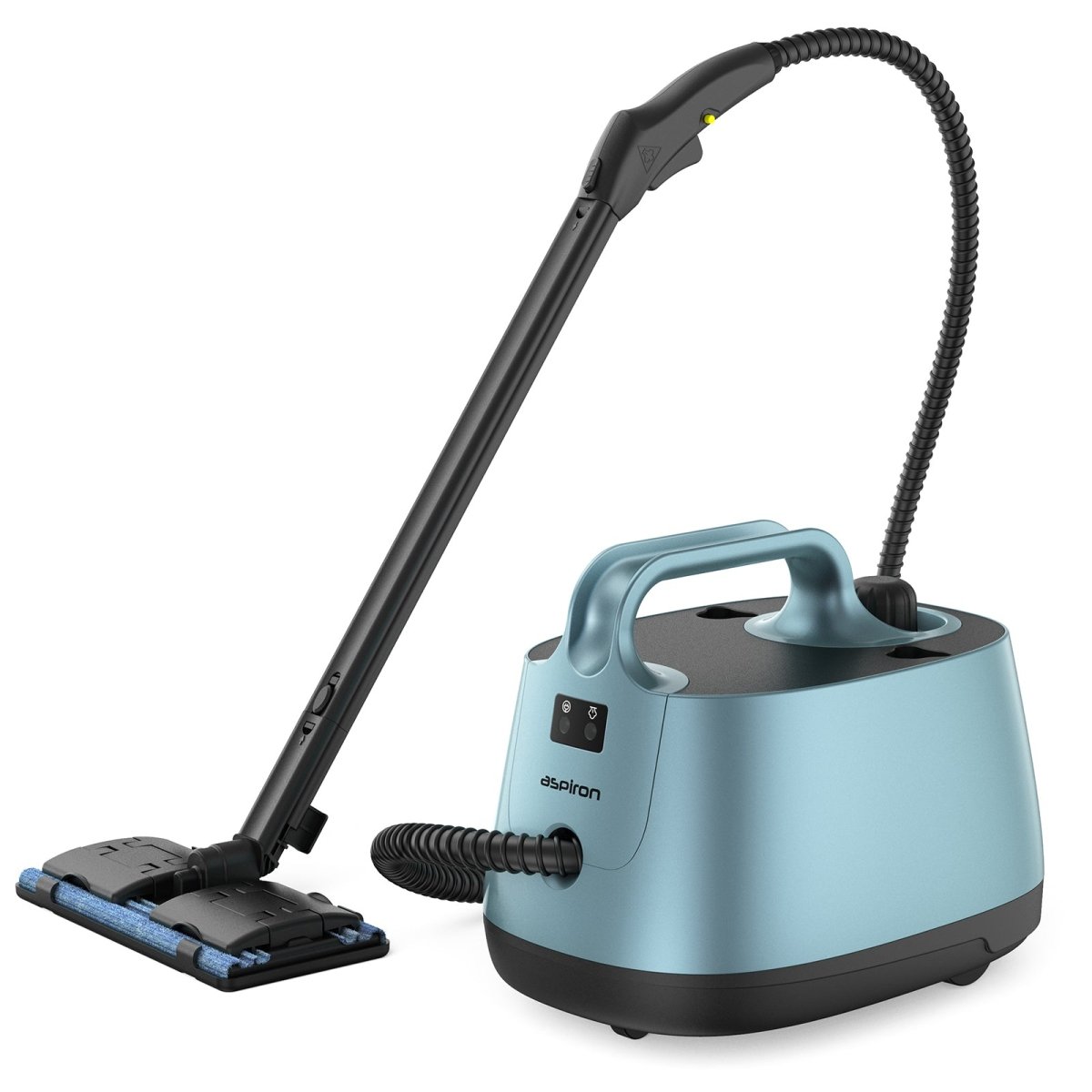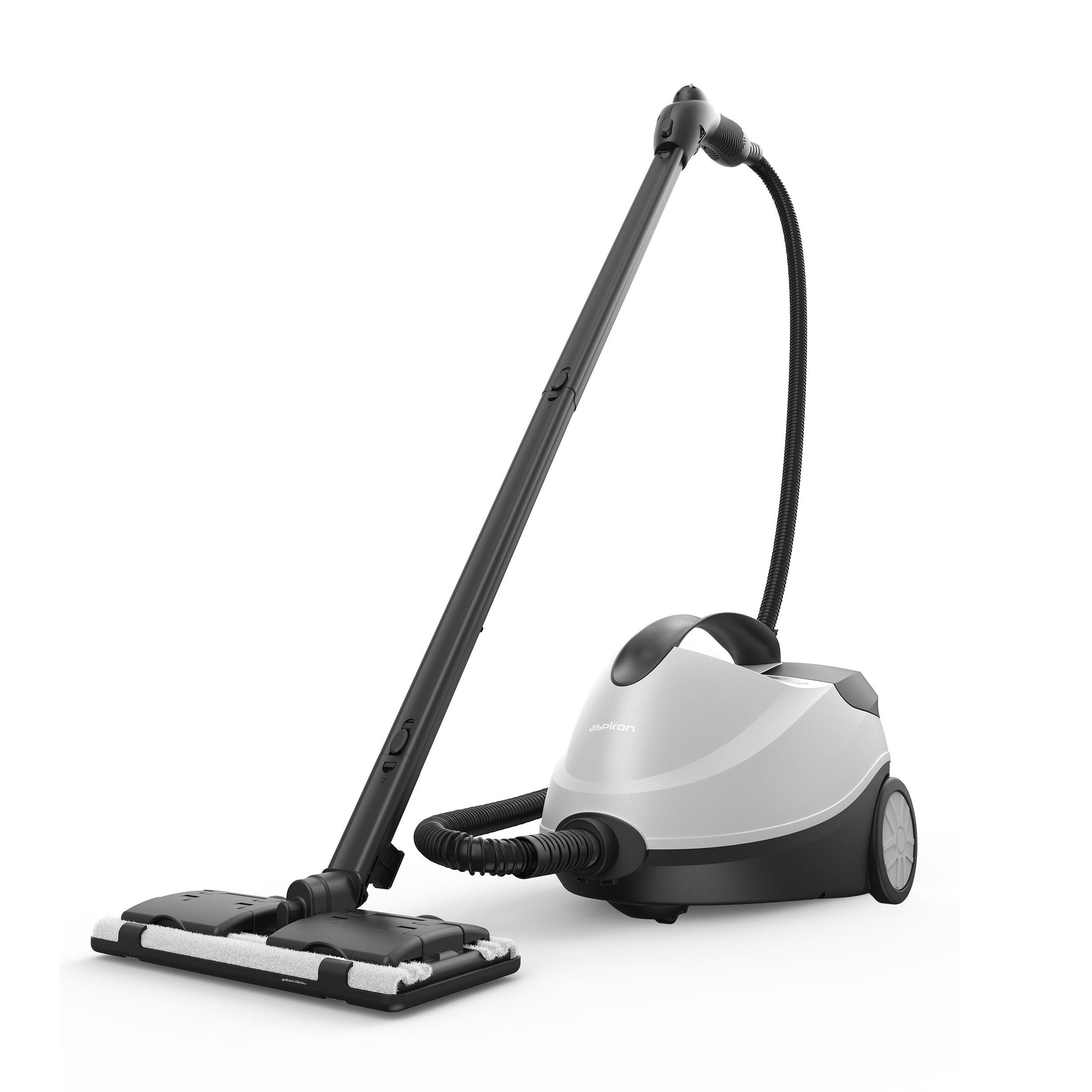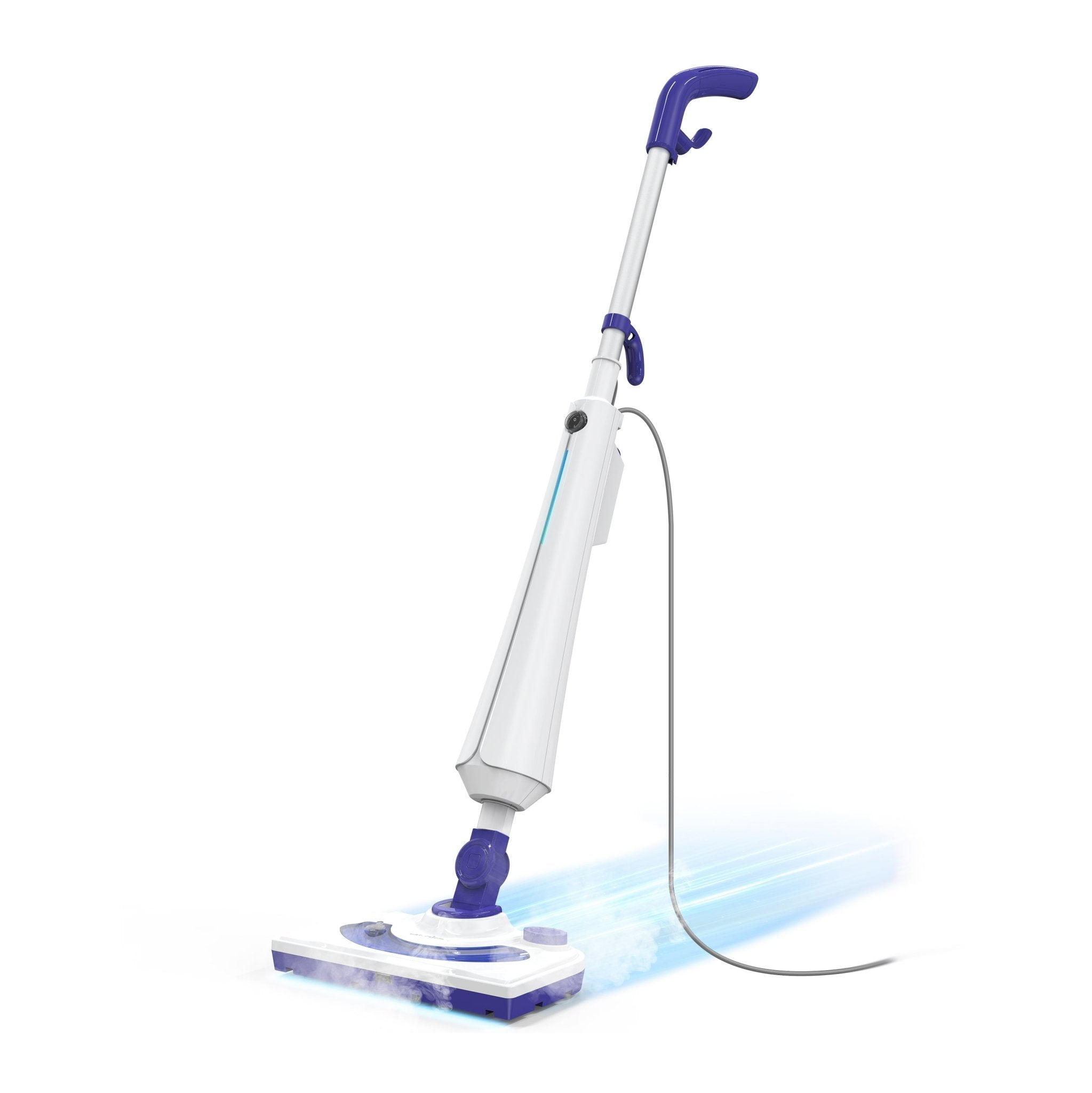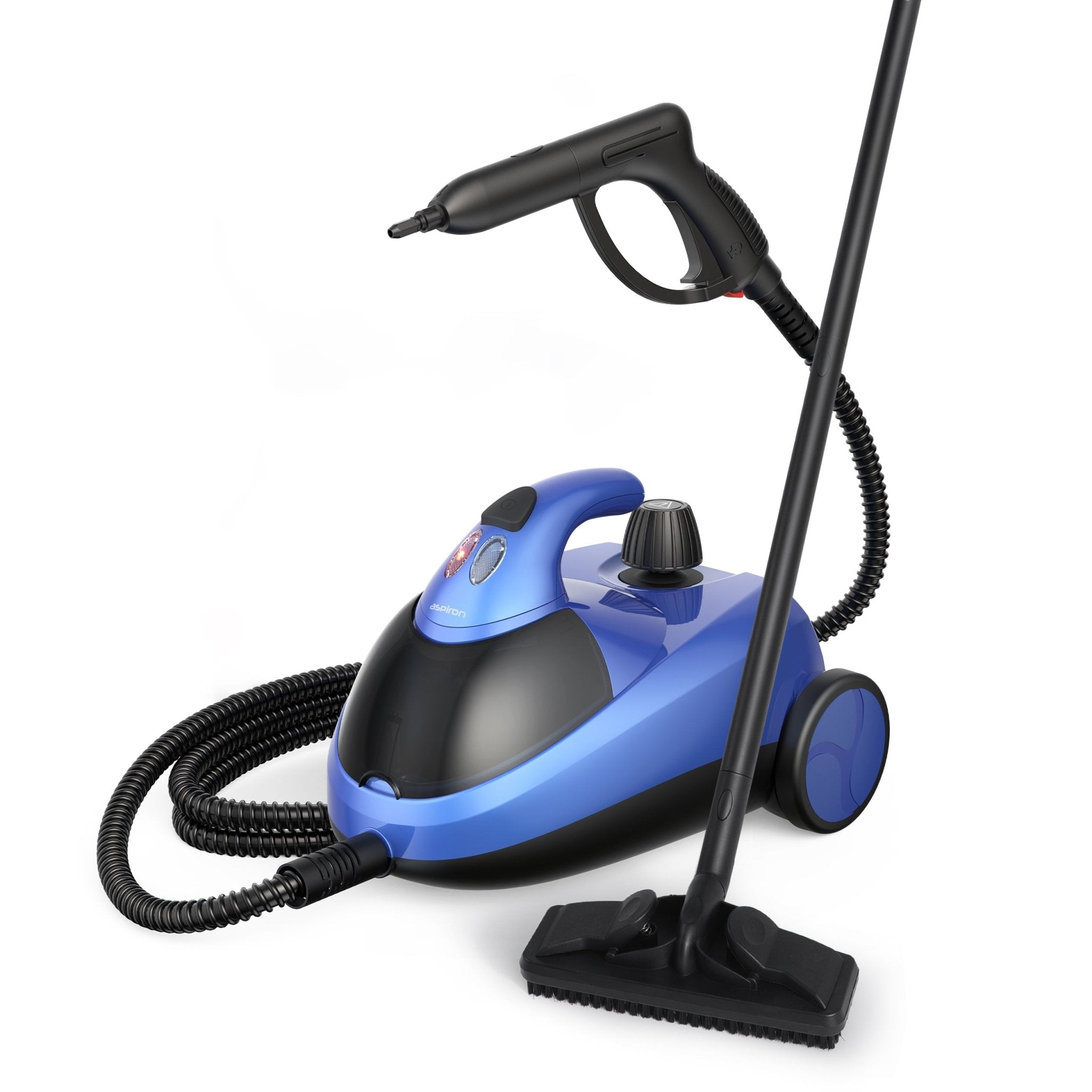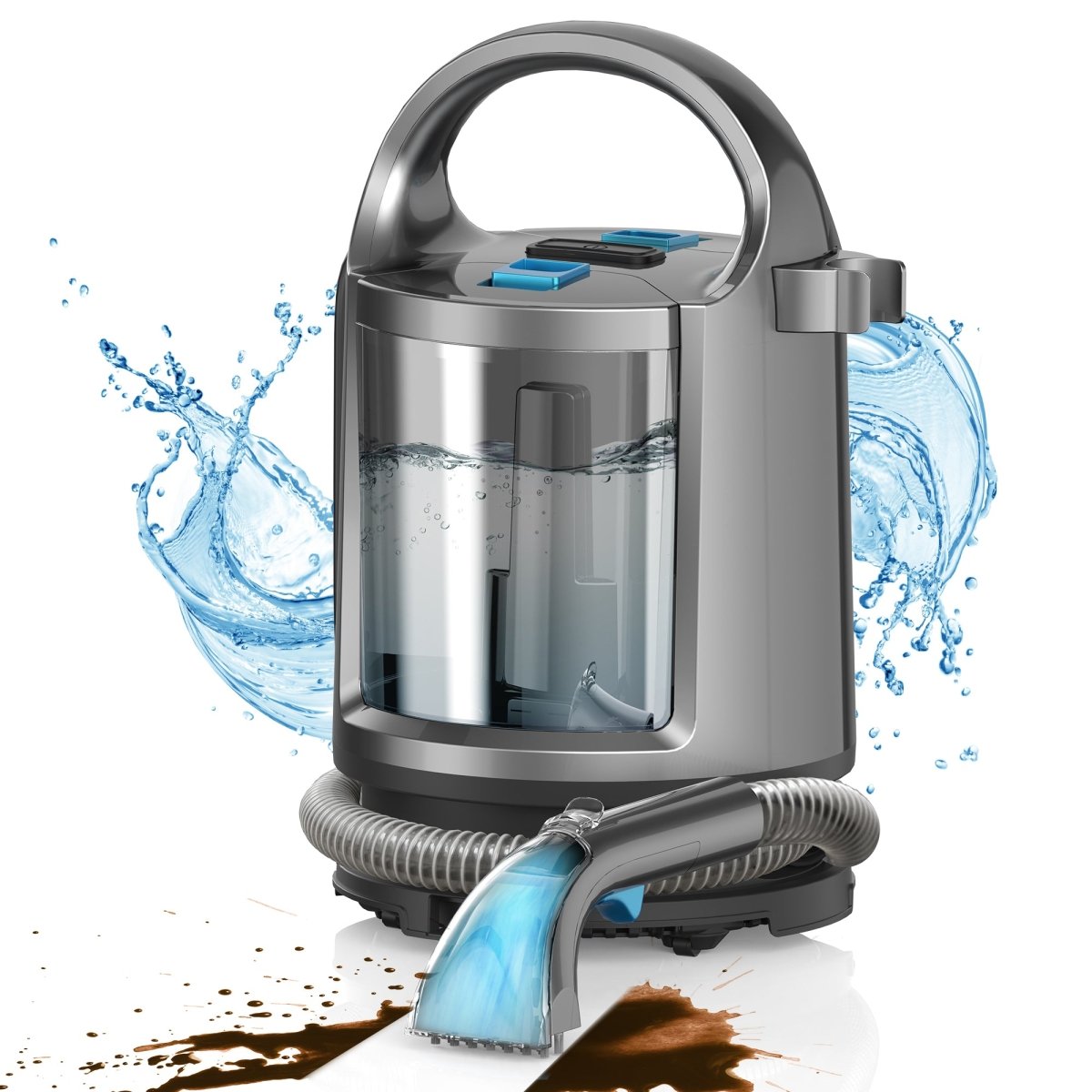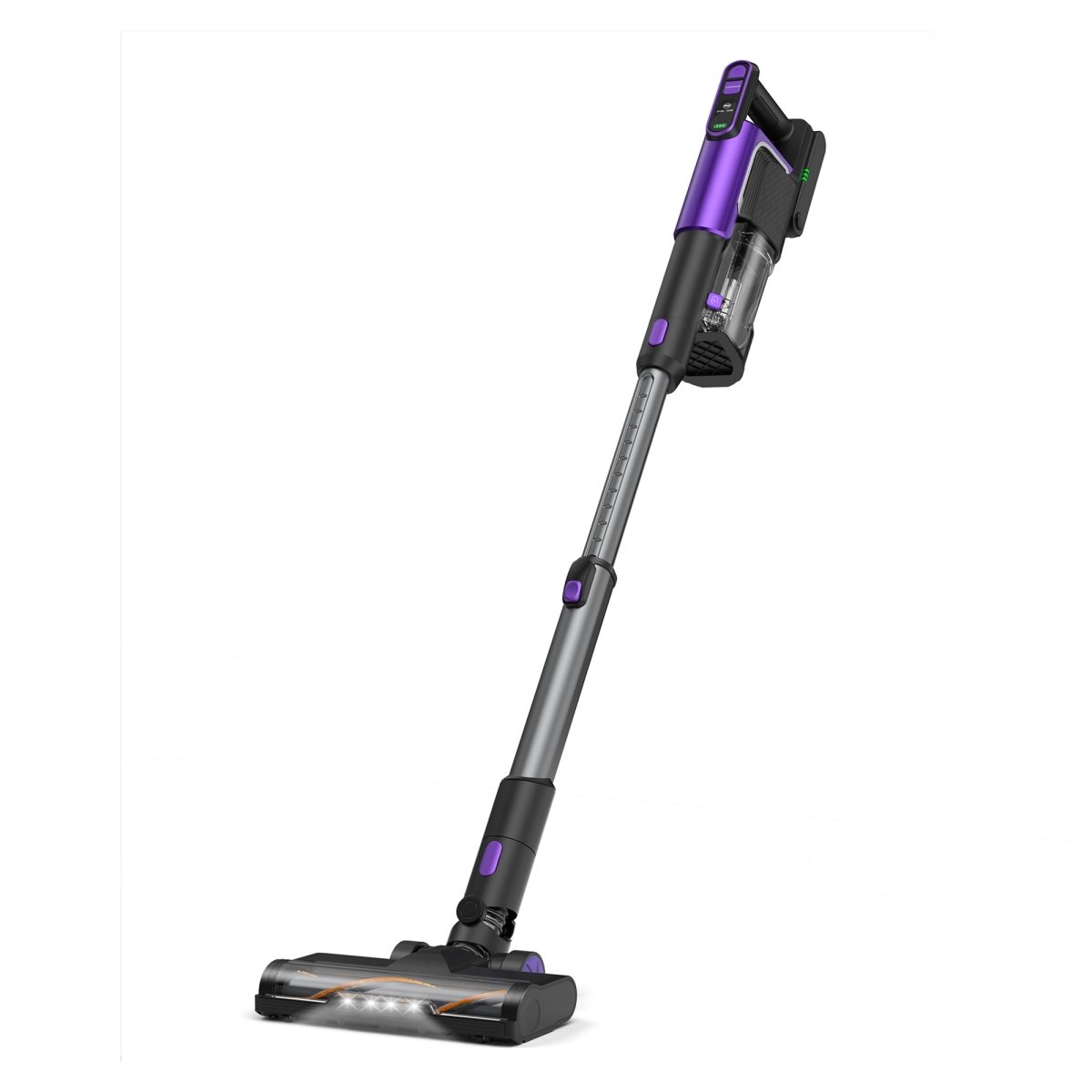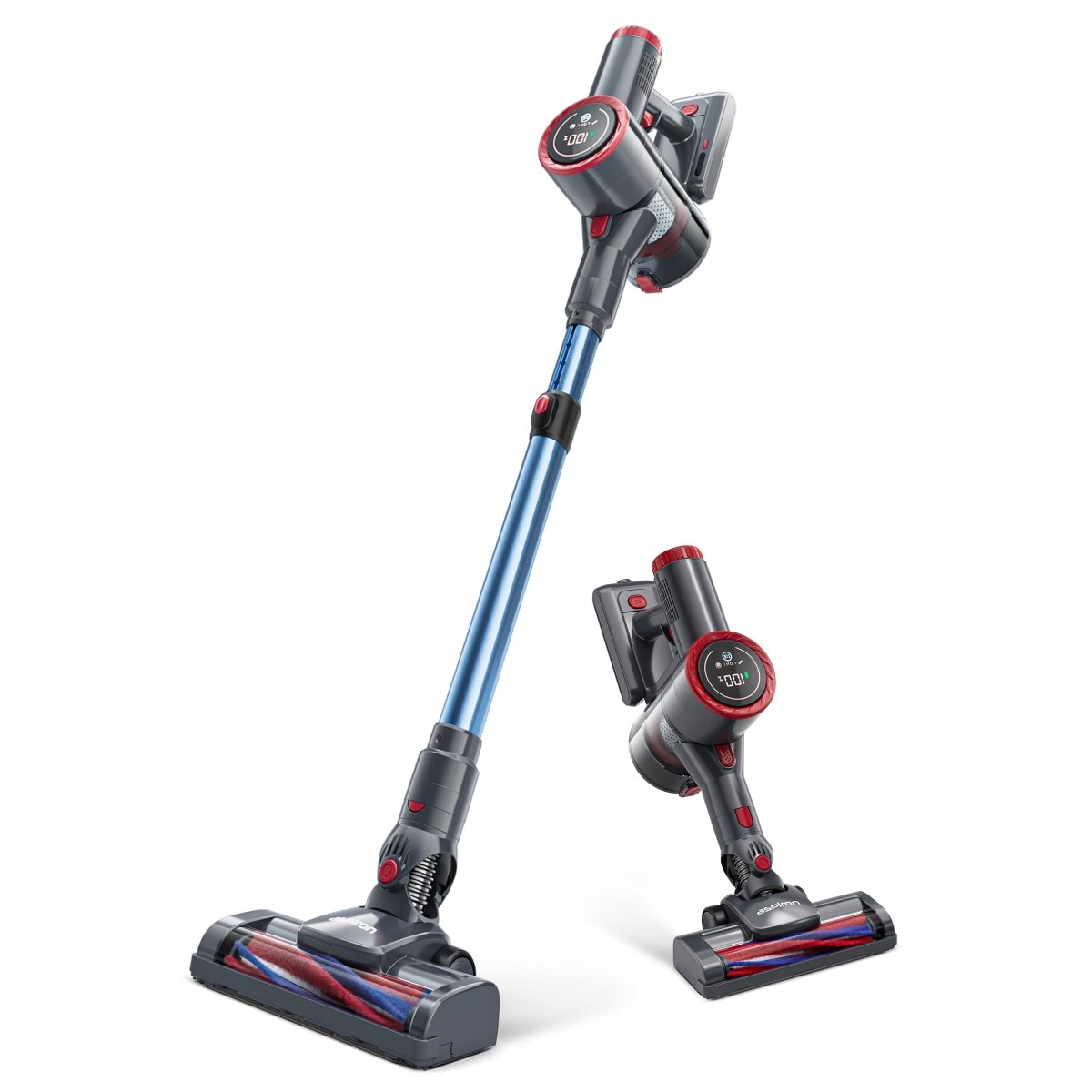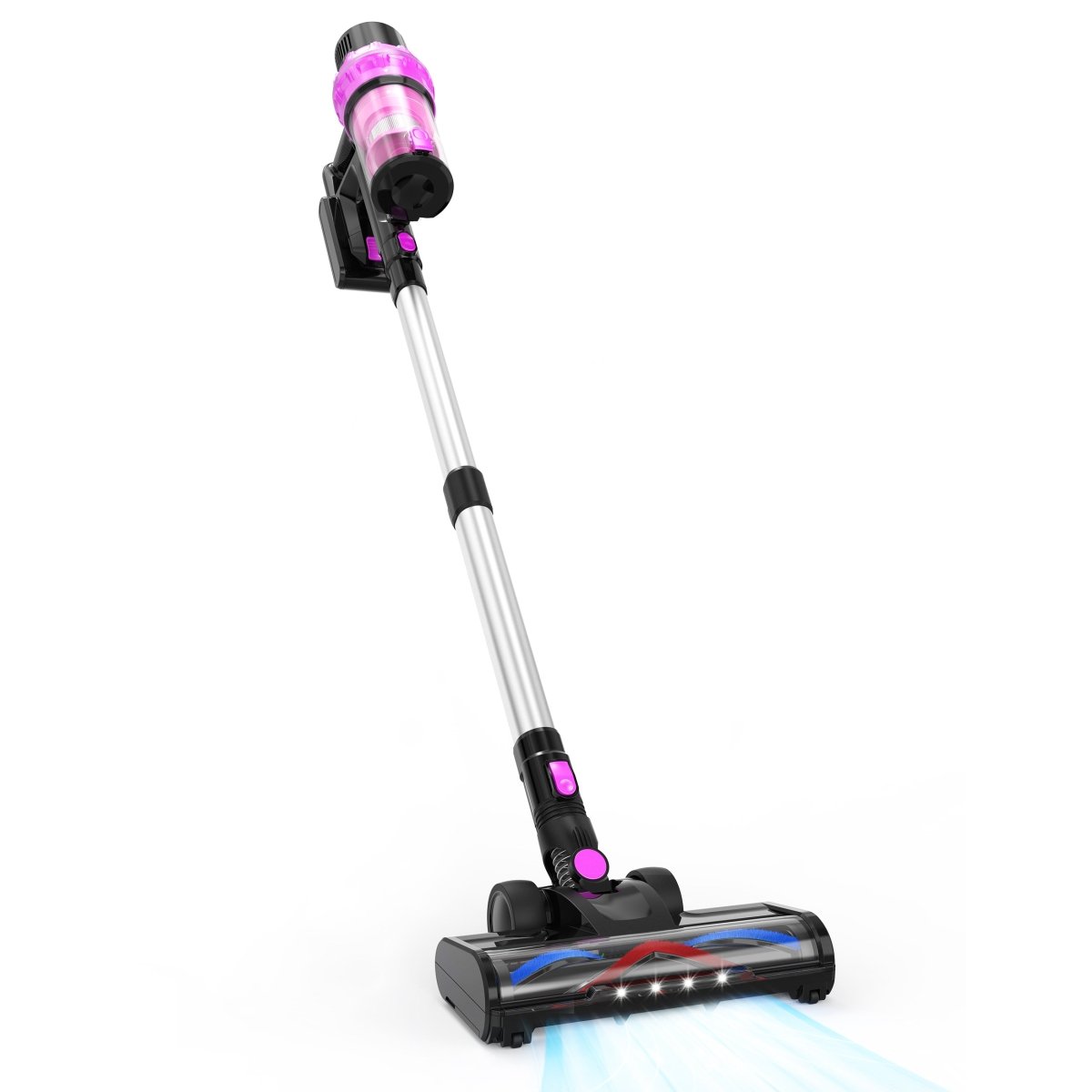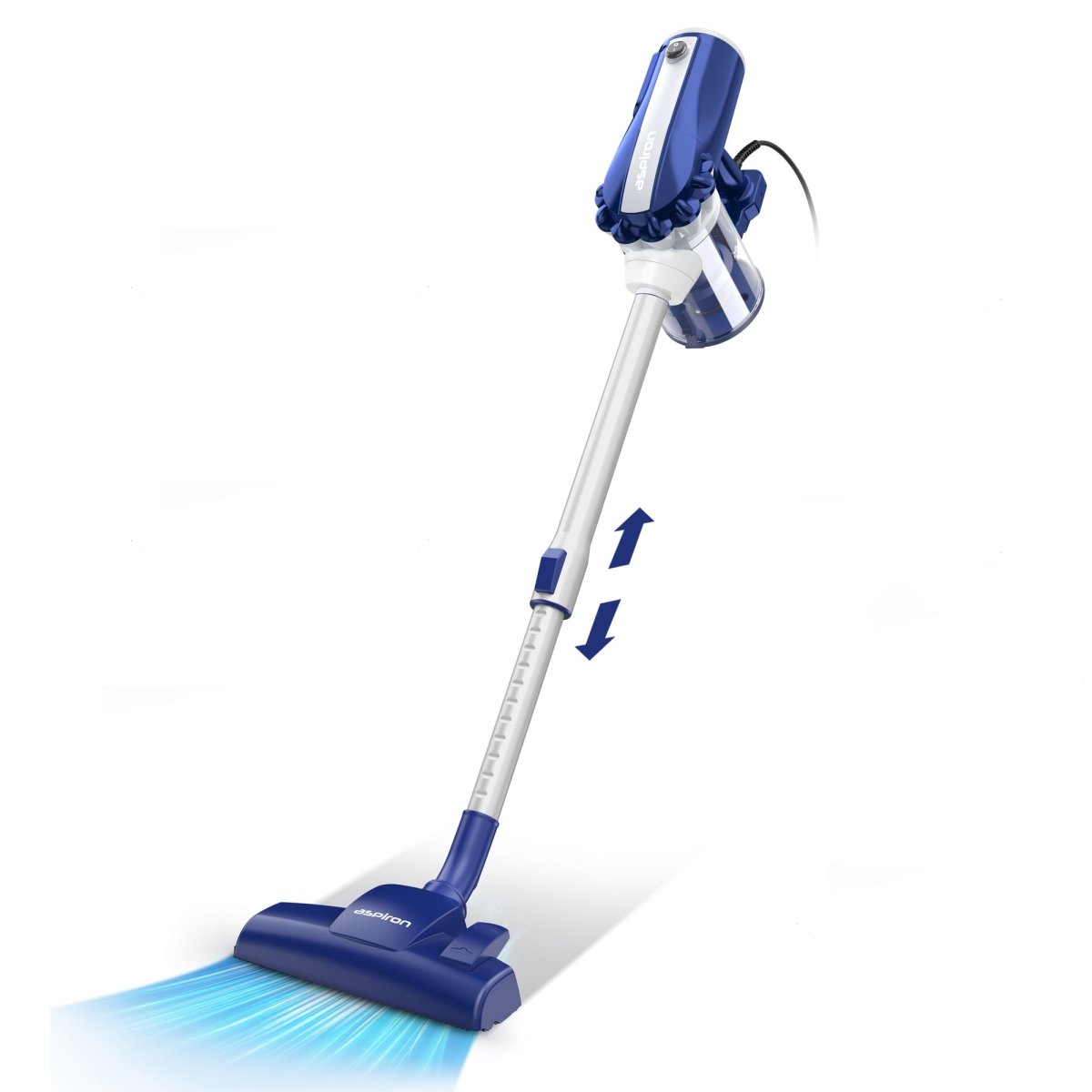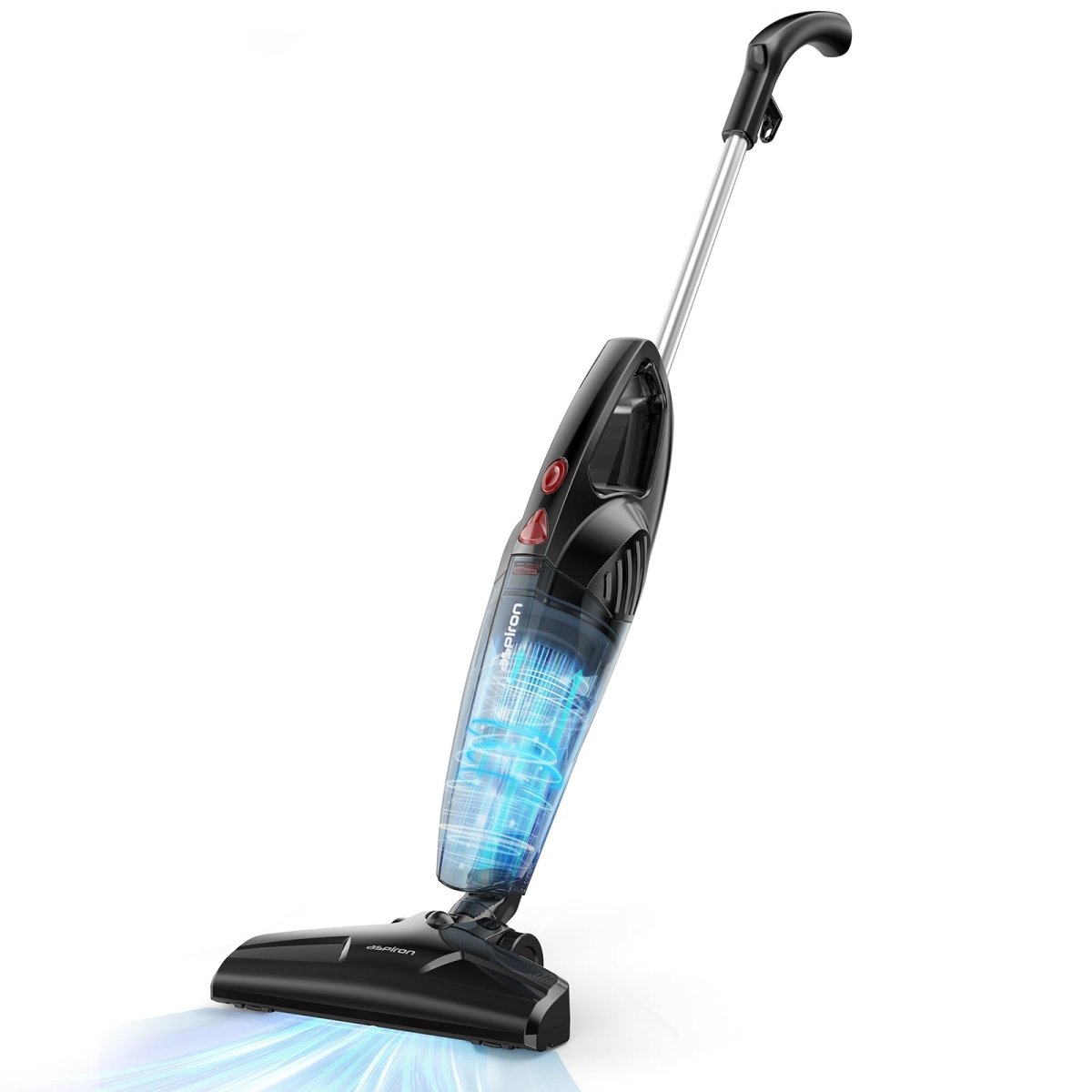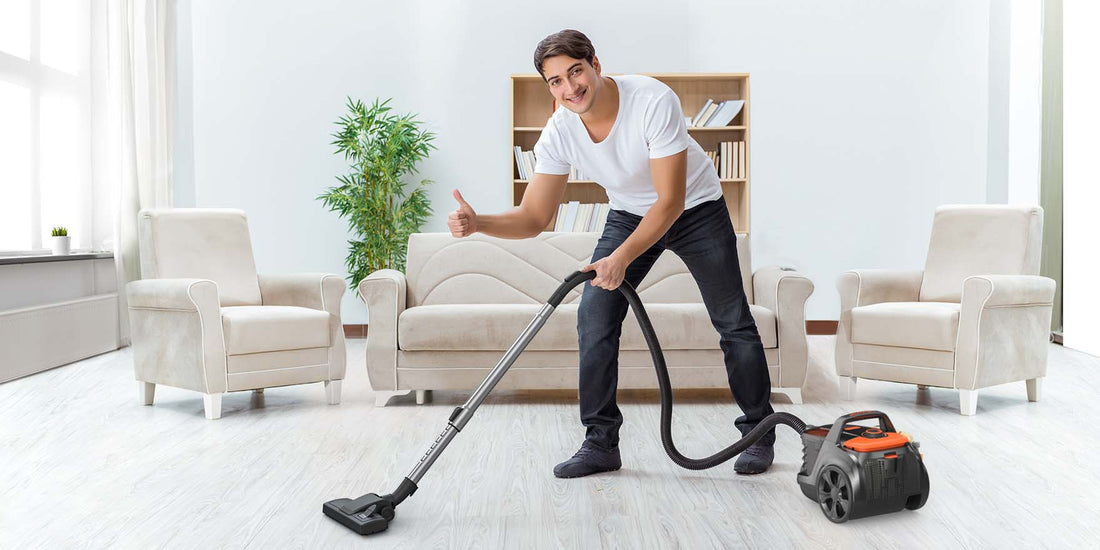
The Pros and Cons of the Canister Vacuum Cleaner
Canister vacuums are a popular choice for homeowners looking for flexibility and powerful suction. Brands like Miele, Dyson, Shark, and Bissell dominate the market, each offering various models with unique advantages. However, choosing the right canister vacuum cleaner requires understanding both its benefits and drawbacks. If you're considering upgrading your vacuum, here’s what you need to know before making a decision.
Key Considerations for Canister Vacuums
Storage Challenges
Canister vacuums often take up more storage space than upright models due to their hose, wand, and attachments. If you live in a small apartment or have limited closet space, a bulky canister vacuum like the Dyson Big Ball might not be ideal. Some users find themselves struggling to coil the hose neatly or find room for multiple attachments. For those needing a more compact option, the Aspiron AS-CA006 Canister Vacuum Cleaner is designed to take up less space while still offering strong suction power.
Potential for Damage
Because canister vacuums are designed to be pulled behind you, there’s always a risk of them bumping into furniture or walls. Some models, such as Shark Rotator Canister Vacuums, have hard plastic wheels that may leave scuff marks on delicate floors. A common workaround is using felt pads on baseboards or investing in models with rubberized wheels, like the Aspiron AS-CA006, which helps minimize damage while ensuring smooth movement.
Assembly Required
Canister vacuums typically require more setup compared to stick vacuums. Many Miele Complete C3 users mention needing to assemble multiple attachments, which can be confusing for first-time buyers. While this isn’t a dealbreaker, it’s something to consider if you prefer a vacuum that works right out of the box. The Aspiron AS-CA006 simplifies this with a quick-connect system, making assembly straightforward.
Struggles with Thick-Pile Carpet
Canister vacuums generally perform best on hard floors and low-pile carpets, but some struggle with thick, plush rugs. For example, users of the Bissell Zing Canister Vacuum often report that the suction isn’t strong enough for deep-pile carpets. On the other hand, Miele’s high-end models have excellent suction but come at a steep price. The Aspiron AS-CA006 balances affordability and performance by offering adjustable suction settings, making it easier to clean different types of flooring.
Not as Effective on Hardwood Floors
Some canister vacuums aren’t optimized for hardwood floors, either lacking proper suction control or pushing debris around instead of picking it up. While the Dyson Cinetic Canister Vacuum has powerful suction, some users find it too harsh on delicate wood surfaces. A good middle-ground is opting for a model with a multi-surface floor nozzle, like the Aspiron AS-CA006, which cleans hardwood floors efficiently without causing scratches.
How Does the Aspiron AS-CA006 Compare?
When comparing canister vacuums, it’s important to weigh performance, convenience, and price. Miele vacuums are known for premium build quality but come at a higher cost. Dyson models offer powerful suction but tend to be bulkier and more expensive. Shark and Bissell provide budget-friendly options, though some struggle with suction power on carpets. The Aspiron AS-CA006 Canister Vacuum Cleaner strikes a balance by offering strong suction, easy maneuverability, and a compact design, making it a well-rounded choice for homeowners looking for both performance and affordability.
If you’re in the market for a canister vacuum that minimizes storage issues, reduces the risk of floor damage, and handles multiple surfaces effectively, the Aspiron AS-CA006 is worth considering.

